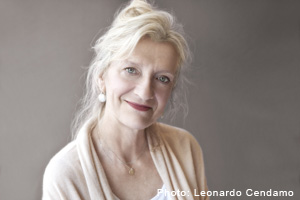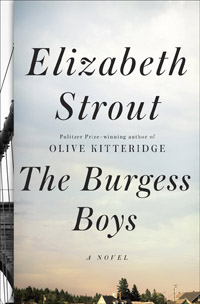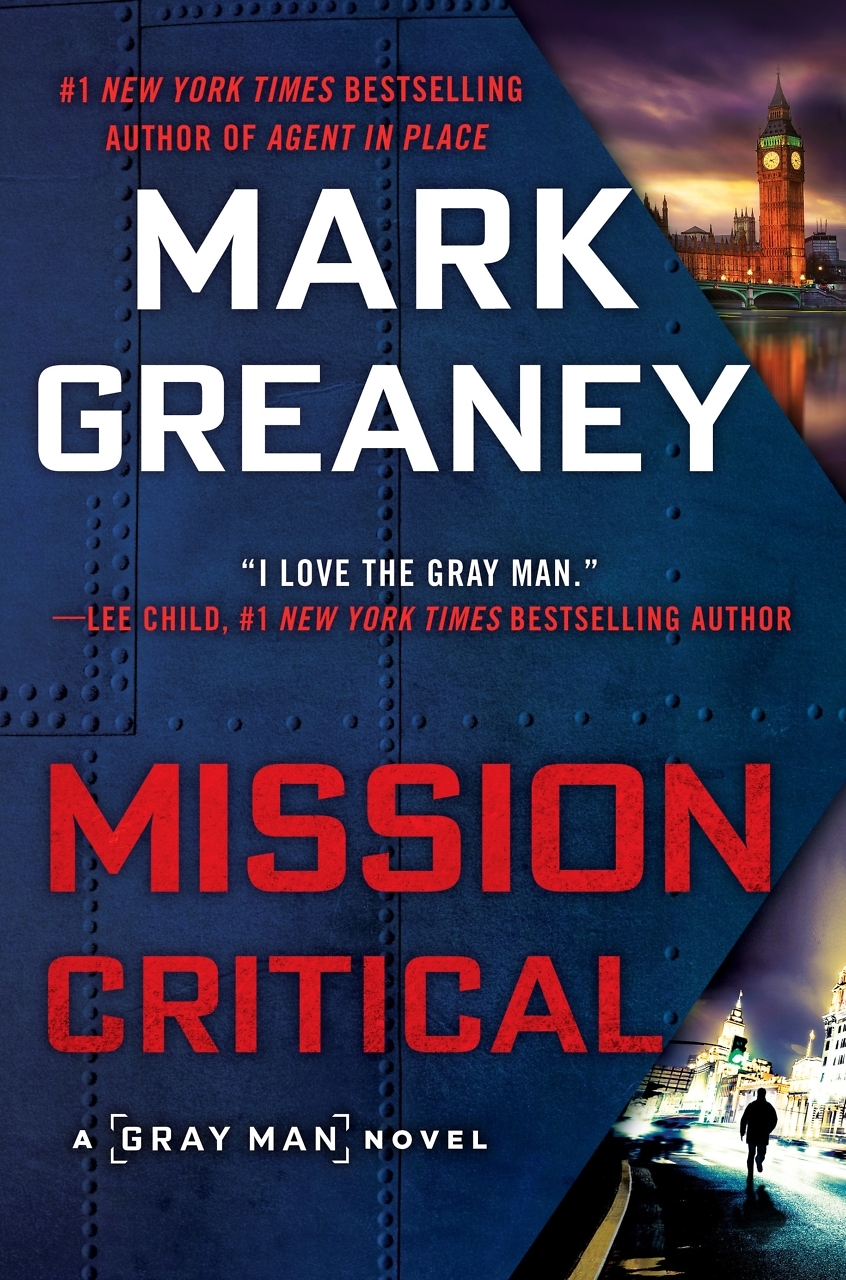Nobody Ever Knows Anyone
Elizabeth Strout follows up the Pulitzer Prize-winning Olive Kittredge with The Burgess Boys, a subtle and richly drawn character study about the perils of coming home
“Why would anyone go to Shirley Falls except in shackles?” This question—spoken by Helen, the aristocratic wife of corporate attorney Jim Burgess—hovers heavily over the cold Maine landscape of Elizabeth Strout’s new novel, The Burgess Boys. Jim and his younger brother Bob have both long since fled Shirley Falls, leaving behind a family tragedy and an unhappy sister living out a thwarted life with her lonely, eccentric son.
Jim and Bob are both lawyers, though of significantly different ilk: Jim rose first to fame as a trial lawyer, flirted with a political career, and then ended up in a lucrative corporate law firm; Bob has settled into an unambitious life at Legal Aid. Jim lives in Park Slope opulence with his elegant wife, coasting smoothly toward retirement and settling into empty-nest life after the youngest of their children has left for college; Bob is divorced and childless, living in a cheap apartment above a young couple whose violent arguments filter up through the floors. Though both have managed to escape Shirley Falls, only Jim has truly flourished—a fact of which he never fails to remind Bob, who nevertheless adores Jim and absorbs his verbal abuse almost gladly.
 Just as Helen and Jim are about to depart for a long weekend vacation, however, the two brothers are drawn back unexpectedly and unwillingly to the dying town where the alternate trajectories of their lives seem to have been set. Their sister Susan’s son Zach has been accused of a bizarre hate crime against members of a growing community of Somali refugees who have inexplicably taken up residence in Shirley Falls, disorienting isolated and hidebound natives like Susan. “Susan told me the Somalis were invading the town,” Bob explains to Jim and Helen. “Arriving in droves. She said three years ago just a few families were there and now there’s two thousand, that every time she turns around a Greyhound bus unloads forty more.” Needing her brothers’ legal expertise and Jim’s political connections to keep her son out of prison, Susan summons the Burgess boys back home, setting off another chain of events that will result in an astonishing but all-too-believable reversal of fortunes.
Just as Helen and Jim are about to depart for a long weekend vacation, however, the two brothers are drawn back unexpectedly and unwillingly to the dying town where the alternate trajectories of their lives seem to have been set. Their sister Susan’s son Zach has been accused of a bizarre hate crime against members of a growing community of Somali refugees who have inexplicably taken up residence in Shirley Falls, disorienting isolated and hidebound natives like Susan. “Susan told me the Somalis were invading the town,” Bob explains to Jim and Helen. “Arriving in droves. She said three years ago just a few families were there and now there’s two thousand, that every time she turns around a Greyhound bus unloads forty more.” Needing her brothers’ legal expertise and Jim’s political connections to keep her son out of prison, Susan summons the Burgess boys back home, setting off another chain of events that will result in an astonishing but all-too-believable reversal of fortunes.
The Burgess Boys centers on three interlocking themes: the manifold and sometimes contradictory emotions experienced by those who have fled small towns when circumstances draw them homeward unwillingly, the ways in which the ground beneath those towns is shifting as the world becomes increasingly global, and the question of how singular moments of childhood shape a future.
Elizabeth Strout’s great gift—on ample display in Olive Kittredge—is her ability to render characters with startling and illuminating complexity. In The Burgess Boys, Strout widens her scope to include an even broader slate of characters whose interior lives upend expectations and make them impossible not to empathize with even when their actions are questionable—even when they’re contemptible. Helen, a wealthy, snobbish New Yorker who appears to live a life straight out of the pages of Elle and Architectural Digest, turns out to be almost as lonely and doubtful as Susan, who was abandoned by her husband to raise the troubled Zachary alone. As Helen contemplates the cumulative damage of standing by a husband whose occasional moments of tenderness and decency never seem to overcome his bullying arrogance, Strout writes, “So it seemed to begin: the business of Helen hating the sound of her own voice, its undercurrent of unpleasantness, and trying to get back to what she thought of as herself.”
 Most strikingly, Strout brings to life the members of the Somali refugee community through the eyes of Abdikarim, a man who lost his son years before to horrific violence and who overcomes his own fear and prejudice to find sympathy for the odd boy in Shirley Falls whose senseless act has made him the face of xenophobia and intolerance. Strout recreates a stirring moment in which Abdikarim finds solace by identifying with, of all people, Jacqueline Kennedy Onassis. Recalling a DVD on American history he had rented from the library, Abdikarim becomes transfixed by the image of the First Lady at the moment of her husband’s assassination. “Abdikarim watched, repeatedly for weeks, the assassination of the president, because of the pink-suited wife climbing over the back of the car to try to reach the piece of her husband she saw flying away. Abdikarim did not believe what was said of this famous widow: that she cared only about money and clothes. It was recorded, and he saw. She had felt in her lifetime what he had felt in his. Though she had died (living to be as old as Abkidarim was now), he thought of her as his secret friend.” Strout’s unrelenting sympathy for all of her characters, however far removed from each other they may be, enriches their various struggles with poignancy and urgency.
Most strikingly, Strout brings to life the members of the Somali refugee community through the eyes of Abdikarim, a man who lost his son years before to horrific violence and who overcomes his own fear and prejudice to find sympathy for the odd boy in Shirley Falls whose senseless act has made him the face of xenophobia and intolerance. Strout recreates a stirring moment in which Abdikarim finds solace by identifying with, of all people, Jacqueline Kennedy Onassis. Recalling a DVD on American history he had rented from the library, Abdikarim becomes transfixed by the image of the First Lady at the moment of her husband’s assassination. “Abdikarim watched, repeatedly for weeks, the assassination of the president, because of the pink-suited wife climbing over the back of the car to try to reach the piece of her husband she saw flying away. Abdikarim did not believe what was said of this famous widow: that she cared only about money and clothes. It was recorded, and he saw. She had felt in her lifetime what he had felt in his. Though she had died (living to be as old as Abkidarim was now), he thought of her as his secret friend.” Strout’s unrelenting sympathy for all of her characters, however far removed from each other they may be, enriches their various struggles with poignancy and urgency.
To praise Elizabeth Strout’s talents for characterization is not to say that The Burgess Boys lacks narrative drive. On the contrary: Strout turns a bizarre and thoughtless act into a trigger for a series of events and life changes that are as suspenseful as they are richly drawn. Veering back and forth between New York and Shirley Falls, The Burgess Boys weaves together concurrent but separate storylines while developing themes that are universal and timely, giving it the scope and sweep of a great Victorian novel like George Eliot’s Middlemarch in a sleek, relevant, contemporary context.
The center of the novel, however, remains the Burgess brothers themselves, men whose starkly different personalities and persistent clashes persuasively portray the often uneasy relationships between siblings in ways that are both unique and uncomfortably familiar. The Burgesses are bound together by a singular childhood disaster: this event—and the three Burgess siblings’ reactions to it—shapes all of their lives indelibly, defining their adult relationships to each other. Though there’s no implication that the family history plays any role in Susan’s divorce, there’s a sense that she was destined for a sad and troubled life. Jim, the overachiever, has transformed himself into a take-no-prisoners alpha male who wins at all costs, lives without remorse, and feels no pity for those he leaves in his wake. Susan and Jim are alike only in their mutual contempt for Bob, whom they seem to hate less for being a bit of a born loser than for being a sweet, sensitive person.
From the beginning, it is clear that Bob is destined to be the hard-luck hero of The Burgess Boys. “He would take turns carrying us on his back,” an anonymous narrator notes in the novel’s prologue. “You could tell you were clinging to someone kind and good, the way he kept saying, turning his head partway, ‘You okay? You all right?’” Bob remains friendly with the ex-wife who dumped him, worries about the poor girl downstairs with the abusive husband, maintains a relatively optimistic and cheerful view of the wretched world he lives in, and tolerates seemingly endless abuse from the brother he worships. “All his life, kindness had weakened Bob,” Strout writes. Bob’s sense of himself as weakened by kindness explains both his quietly heroic nature and his admiration for Jim, who is as fierce and proud as Bob is compassionate and retiring, and whom Bob persistently views as “the brightness of the center” of his life. In the end, however, the bright center shifts. And though this swing seems inevitable early on, the path the Burgess boys follow is persistently surprising, moving, and rewarding.
Elizabeth Strout and her editor, Susan Kamil, will appear in Nashville on April 8 at 7 p.m. to discuss The Burgess Boys as part of the Salon@615 series . The event will be held in the Frances Bond Davis Theater at the Harpeth Hall School, and Parnassus Books will be on hand with book sales. The event is free and open to the public.


